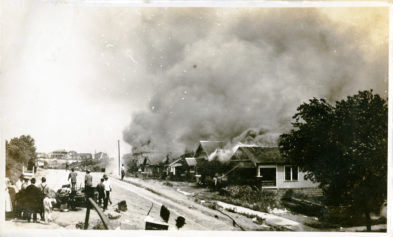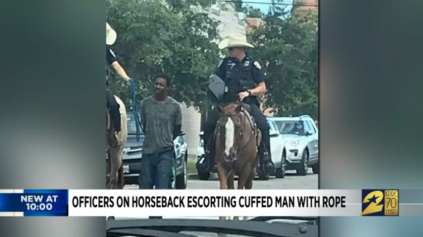Darrell Royal, the former Texas coach who created the wishbone offense and won two national championships, has died. He was 88.
Royal, an affable, likeable sort, had suffered from Alzheimer’s disease and recently fell at an assisted living center where he was receiving care.
Royal, who also starred as a defensive back and quarterback for the Oklahoma Sooners, didn’t have a single losing season in his 23 years as a head coach at Texas, Mississippi State and Washington. During his 20 years at Texas (1957-1976), his teams boasted a 167-47-5 record — the best mark in the nation during that period. One season ended with an even record.
“It was fun,” Royal told The Associated Press in 2007. “All the days I was coaching at Texas, I knew this would be my last coaching job. I knew it when I got here.”
Royal was just 32 when Texas hired him. The Longhorns hadn’t had a winning season since 1953, and Royal immediately turned the program around. Under Royal, Texas won 11 Southwest Conference titles, 10 Cotton Bowl championships and national championships in 1963 and 1969, going 11-0 each time. The Longhorns also won a share of the 1970 national title.
The son of a cotton farmer, Royal credited hard work and luck for his success. He had a knack for delivering pithy quotes about his team and opponents.
“Football doesn’t build character, it eliminates the weak ones,” was one of Royal’s famous lines.
The national title season in 1969 included what was dubbed the “Game of the Century,” a come-from-behind, 15-14 victory by the top-ranked Longhorns over No. 2 Arkansas to cap the regular season.
In Texas lore, it ranks as the greatest game ever played. President Nixon, an avid football fan, flew in by helicopter to watch. Afterward, Nixon greeted Royal with a plaque proclaiming Texas the national champion.
The Longhorns also were named national champions by United Press International in 1970, a year in which Texas lost its final game to Notre Dame in the Cotton Bowl and finished 10-1.
Royal and assistant Emory Ballard changed the football landscape with the development of the wishbone in 1968, which features a fullback lined up two yards behind the quarterback and a step in front of two other backs.
It almost didn’t work. After a tie and loss in the first two games that season, a frustrated Royal inserted backup quarterback James Street to take over.
“We were struggling,” Street said in 2007. “Coach Royal grabbed me and he looked for a minute as if he were having second thoughts about putting me in. Then he looked me straight in the eye and said, `Hell, you can’t do any worse. Get in there.”‘
Texas won its next 30 games. Soon, rival Oklahoma and other schools started using the wishbone as well.


